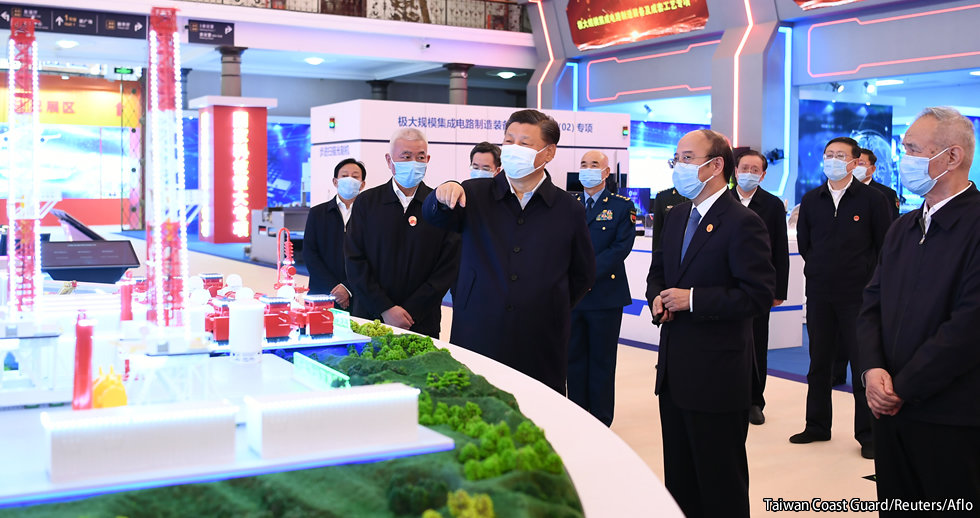On February 8, 2024, the Japan Institute of International Affairs hosted a public webinar titled " Economic Security: China's Strategies for Seeking Technological and Security Supremacy," inviting Dr. Tai Ming Cheung, a professor at the School of Global Policy and Strategy at the University of California, San Diego, and director of the UC Institute on Global Conflict and Cooperation. The webinar was moderated by Dr. Keisuke Iida, Dean and Professor at the Graduate School of Public Policy, The University of Tokyo (Chairman of the JIIA`s Economic Security Research Group), with Dr. Takahiro Tsuchiya, Associate Professor at Kyoto University of Advanced Science, serving as the commentator.
The lecture was based on Professor Cheung's book, "Innovate to Dominate: The Rise of the Chinese Techno-Security State," and explained how China, under Xi Jinping's regime, is striving to achieve military and technological superiority by 2050 by promoting innovation and prioritizing national security through military-civil fusion as a "techno-security state." It emphasized the importance of understanding the current US-China competition, where military, commercial, and dual-use technological fields overlap, and the boundaries between military and civilian domains are becoming increasingly blurred. While highlighting the high policy priority of China's military-civil fusion, there are structural challenges that remain in achieving it on a full scale. By contrasting China's state-led approach with the US's market-oriented approach, it analyzed differences in governance, threat perceptions, and public-private integration between the two superpowers, noting that while the US maintains certain advantages, China continues to make efforts to close the techno-security gap.
Following the lecture, Dr. Tsuchiya raised questions about the effectiveness of China's military-civil fusion, the uniqueness of the state-led techno-security system, the origins of China's techno-security strategy, and whether it is possible to continue advancing the military-civil fusion strategy amidst slowing economic growth, sparking a lively discussion.



